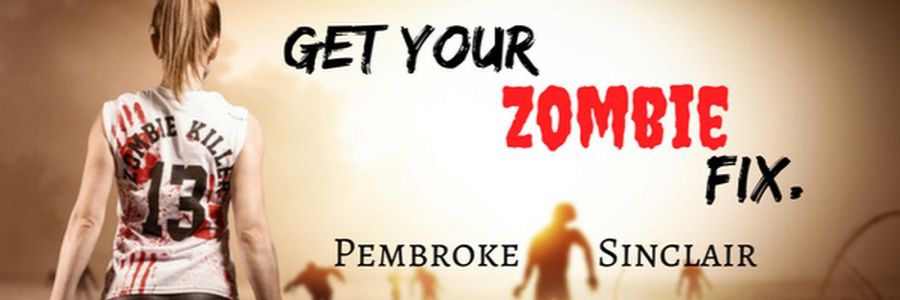Before I get into the final day of the workshop, I would like to encourage you to check out the guest blog I did yesterday. You can access it here and here.
Day 6
On the final day, we talked about cosmology, which is the study of how old the universe is. By this point in time, I was so tired and my brain was so full, I didn't really understand what was going on. I tried to take enough notes so I could look stuff up on my own. Here are the things I remember from the lecture:
The universe is flat. There is a way to prove this mathematically, and they have.
The universe is expanding. They've discovered this by measuring the Hubble relation of galaxies. Again, it's a mathematics thing.
There were other things we talked about related to this, such as dark energy and how cosmologists believe the universe will one day experience a big rip. Luckily, we will probably be long dead before that happens.
The other thing we talked about on the last day was what not to do in science fiction. Stan Schmidt, the editor of Analog, gave us some typical scenarios he reads over and over in submissions, and we had to decide what was wrong with them.
Not all science fiction has to be 100% accurate, but it should be as close as possible. I mentioned in an earlier post that my first book, Coming from Nowhere, would probably appall Stan. I didn't use any fancy equations to calculate distances the space ships had to travel, and I didn't think about how different stars affect a planet and the creatures that live there. I used my imagination instead of astronomy and physics.
However, I didn't miss the mark completely. There were a few things in the story that might have passed muster. For example, we talked about faster than light travel. We got into math equations about it, too, and what it would take for a ship to accomplish that, but the main point was that if a ship could travel faster than light, you wouldn't see anything outside of the ship. It would be black. I got that right in my story!
I got some other things with my creatures right, too. For creatures to be intelligent, they have to be large. I accomplished that with my Xyphons and the cariensis (if you don't know what I'm talking about, you should pick up my novel and read it. You can get it here). So while I had some mistakes, I did get some things right. My goal from here on out is to make sure I get more things right!





